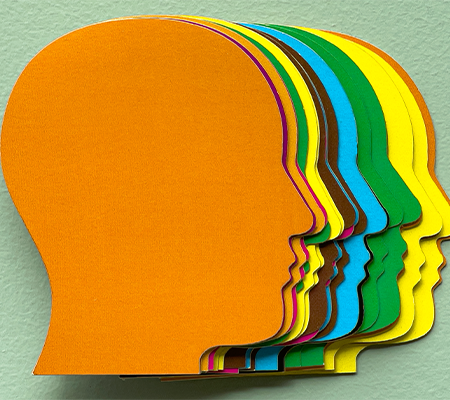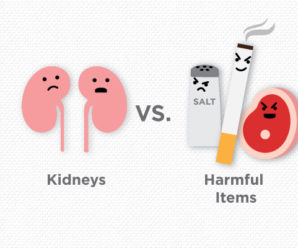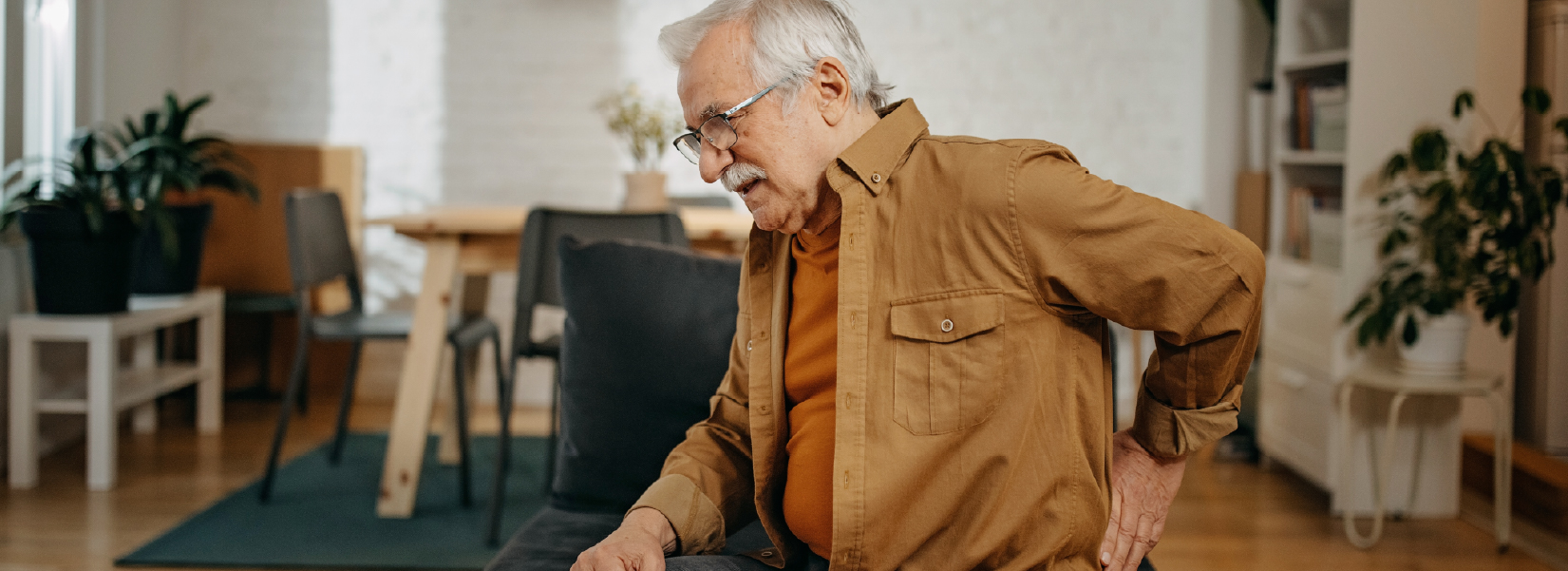 The LGBTQIA+ (lesbian, gay, bisexual, transgender, queer, (questioning), intersex, asexual/agender) community as a whole has increased mental health concerns, compared to individuals who do not identify in this way. Within these categories, some groups may struggle more or less with societal barriers and prejudices. This is based on how culture has evolved over time. These groups may be more accepting of certain lifestyles as opposed to others.
The LGBTQIA+ (lesbian, gay, bisexual, transgender, queer, (questioning), intersex, asexual/agender) community as a whole has increased mental health concerns, compared to individuals who do not identify in this way. Within these categories, some groups may struggle more or less with societal barriers and prejudices. This is based on how culture has evolved over time. These groups may be more accepting of certain lifestyles as opposed to others.
Mental health issues more likely
“The research that we have shows that people who identify as lesbian, gay and bisexual are twice as likely as their heterosexual counterparts to experience a mental health condition. People who identify as transgender are four times as likely to experience mental health conditions, compared to their cisgender counterparts,” said Dr. Jacob Diestelmann, psychologist at Marshfield Medical Center.
LGBTQIA youth are also more likely to experience mental health issues and suicide than their heterosexual counterparts. Diestelmann added that most young people who experience gender dysphoria – which is the distress that stems from a person’s gender identity not matching their sex assigned at birth – actually do not go on to identify as transgender as an adult.
Intersectionality and the LGBTQIA Community
Intersectionality is a term that has gained notoriety in our culture. It describes the outcome of multiple aspects of a person’s identity, and how they intersect to affect their lives. For instance, being lesbian, black and female creates an intersection of three aspects of identity. This could possibly lead to being marginalized, stereotyped or discriminated against.
Diestelmann said there is much those that do not identify as LGBTQIA can do to support this community. Being self-aware and willing to examine your thoughts, behavior and prejudices is important to become an ally for this community. Taking action to mitigate power imbalances where evident is another way to create progress on an individual and institutional level.
“You don’t need to feel guilty that you have privilege and have benefitted from it. You need to recognize it and be motivated to change it,” Diestelmann said. “And having privilege doesn’t mean you didn’t have to work hard or face challenges in your life. It just means there were certain things you did not have to overcome, like being a minority race or being gay, for instance.”







Leave a Reply